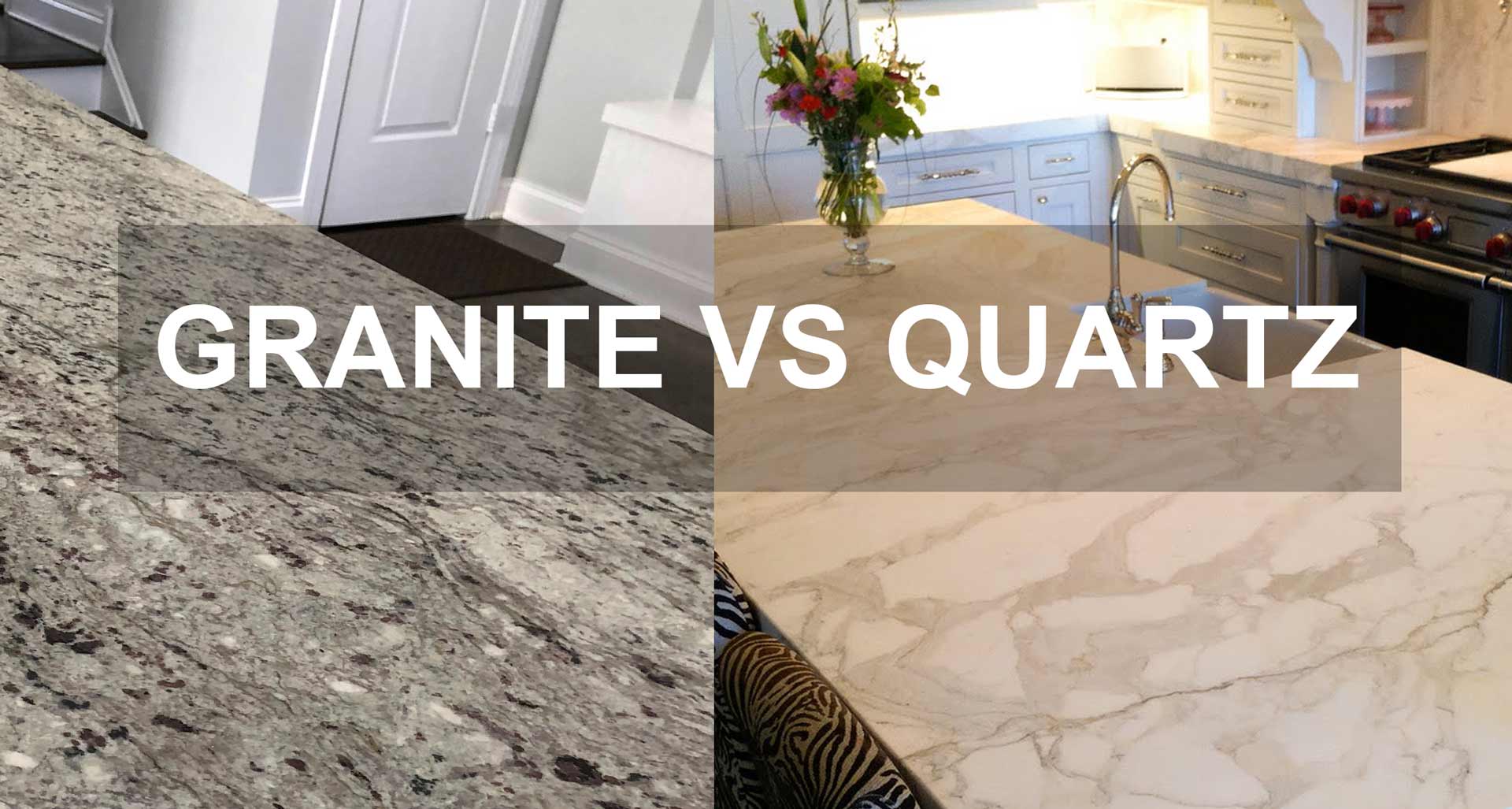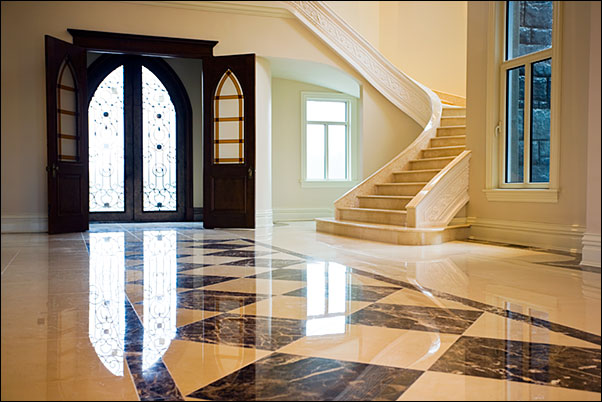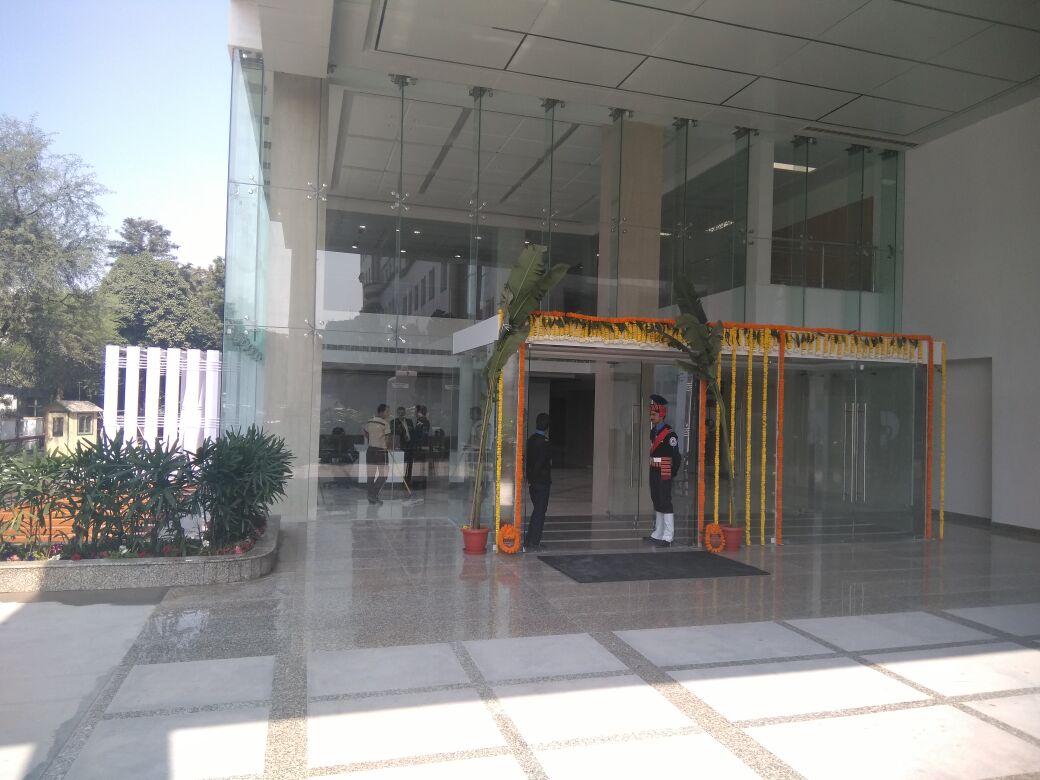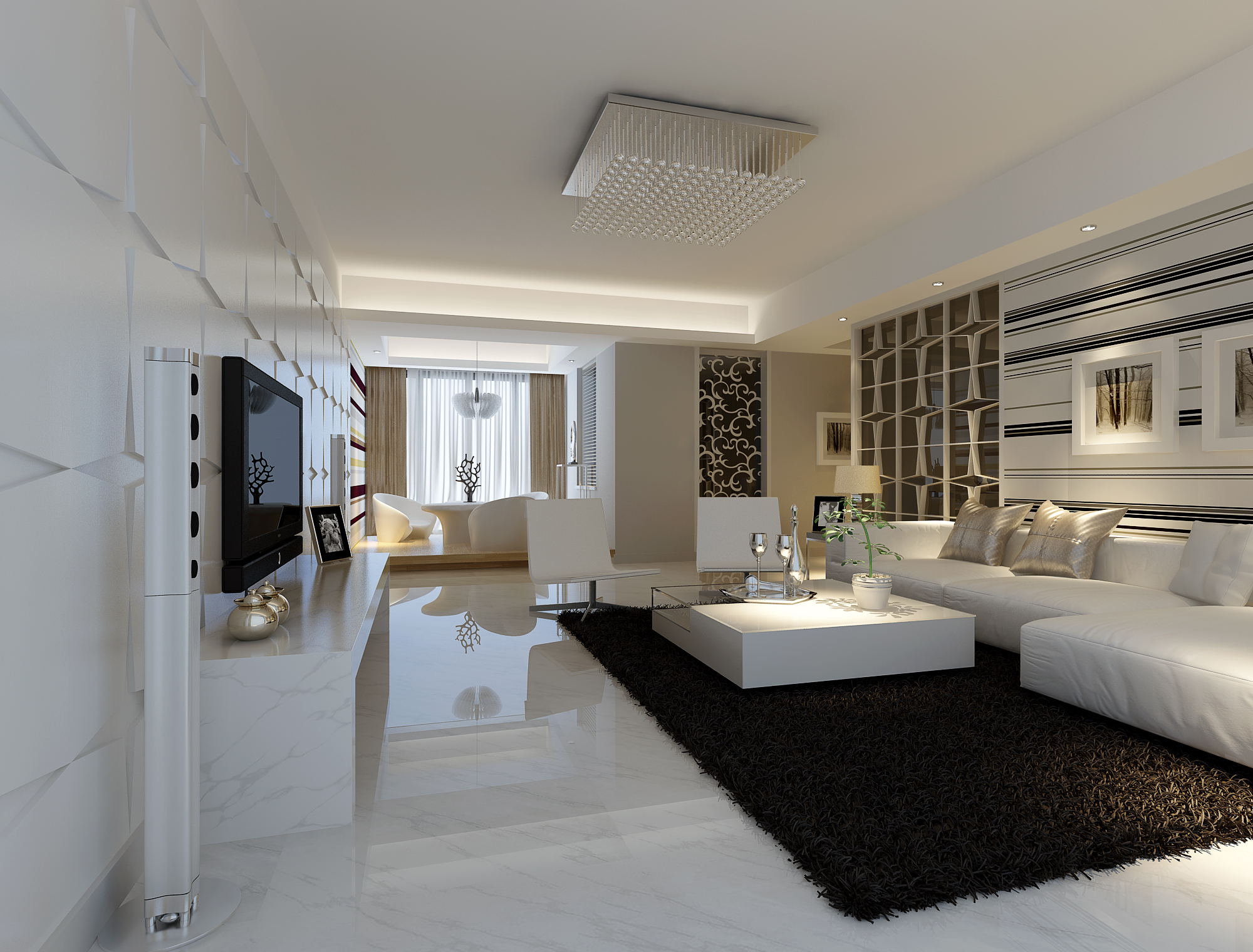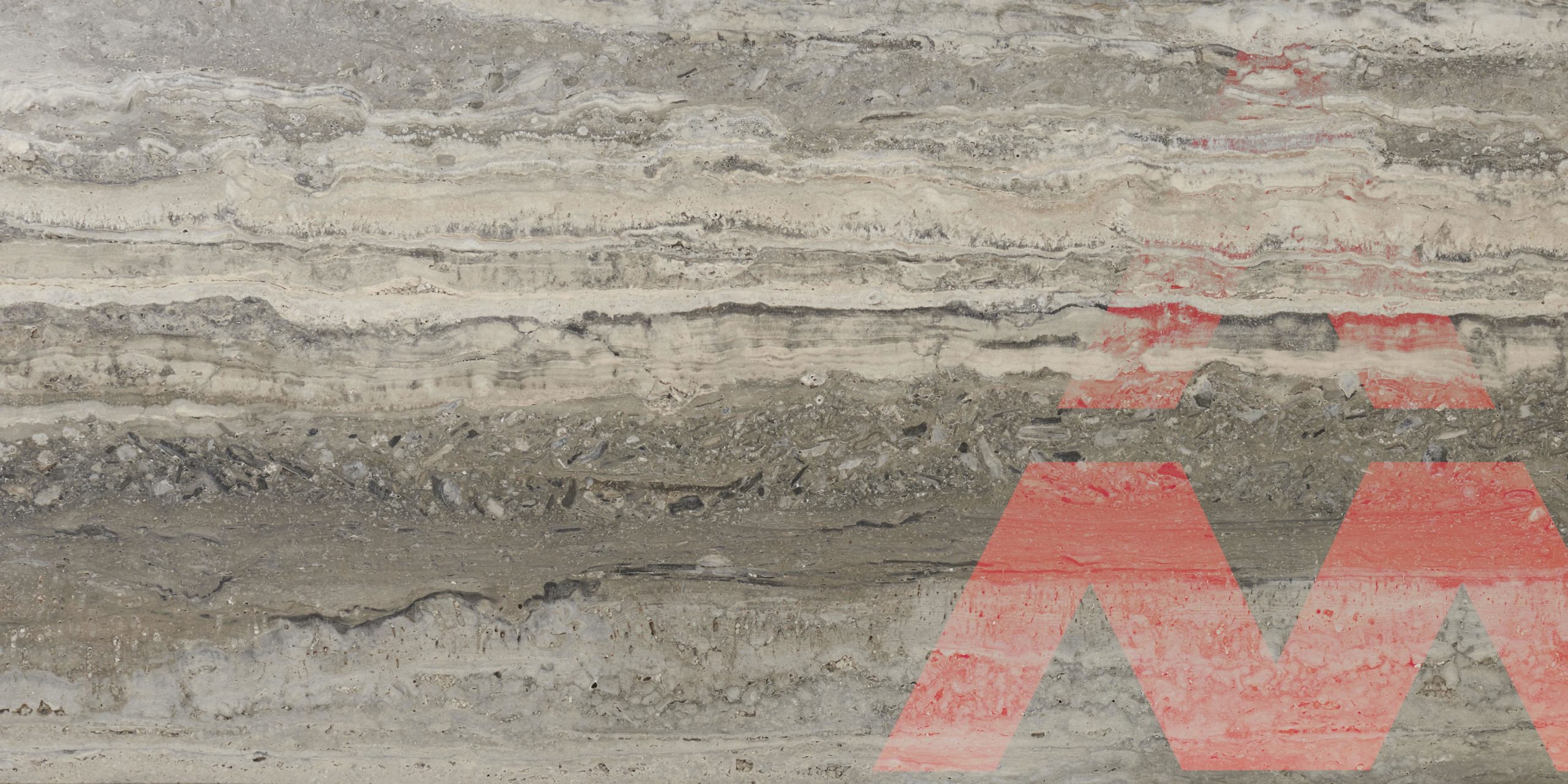To better understand the difference lets break it down into parts.
Composition
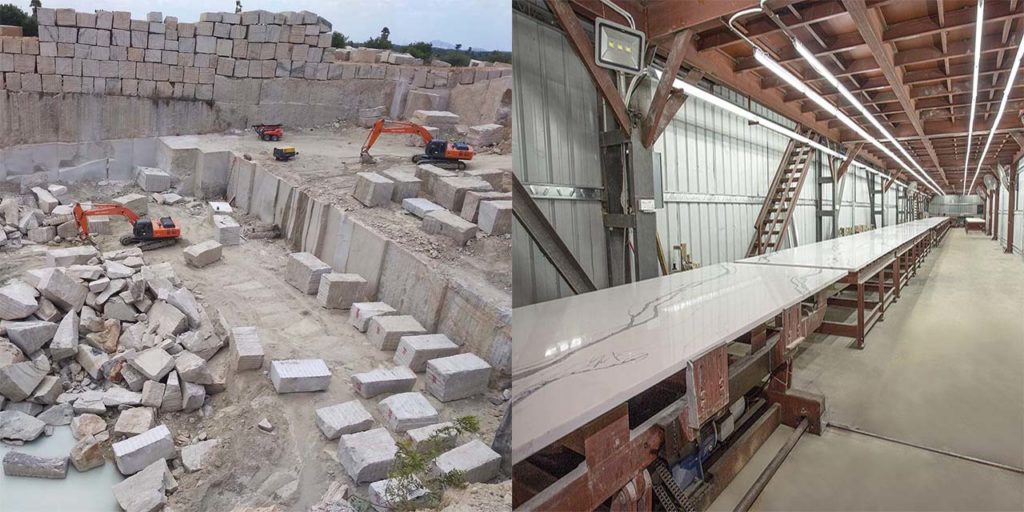
Granite
Granite is a naturally occurring stone made up of minerals such as mica, feldspar, quartz, amphiboles and many other trace minerals. Its the quantity of these minerals that give granite their unique color and texture. Granite is mined from quarries around the world, India is one of the largest producer.
Quartz
Quartz is made up of 92-95% quartz dust along with resin binding polymers. Made in a factory, pigments are added to give it different colors and textures.
Appearance
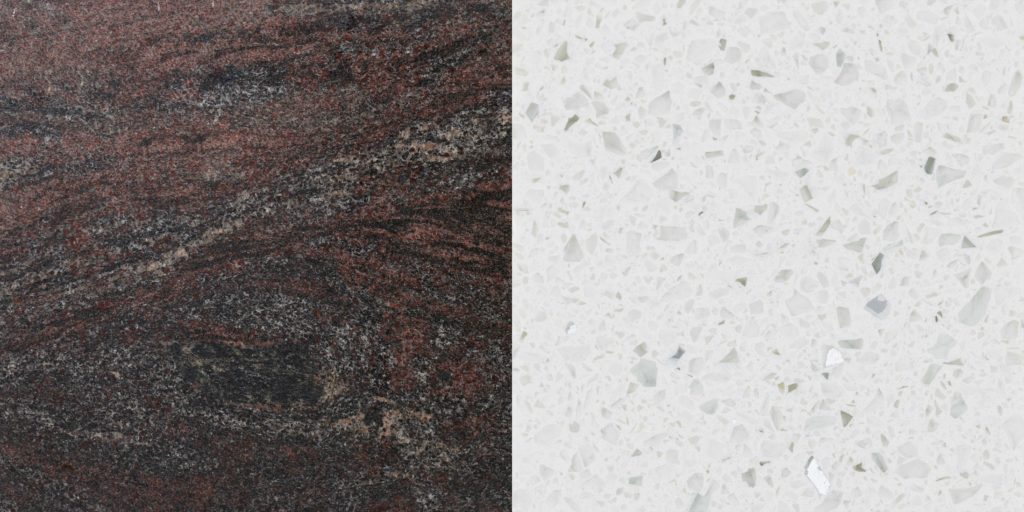
Granite
Each granite slab is slightly different than the other due to the quantities of the minerals in it. This makes each place of use look unique.
Quartz
Quartz is made in a factory and has a uniform appearance. Though different colors and patterns are available they are not unique. It offers some colors which are unique to quartz and are not available in granites.
The choice is truly a personal preference. It is the look that a particular individual likes and wants to achieve which would define the product used. If you want a natural look, nothing better than a natural granite. Whereas many people find look of Quartz better.
Place of Use
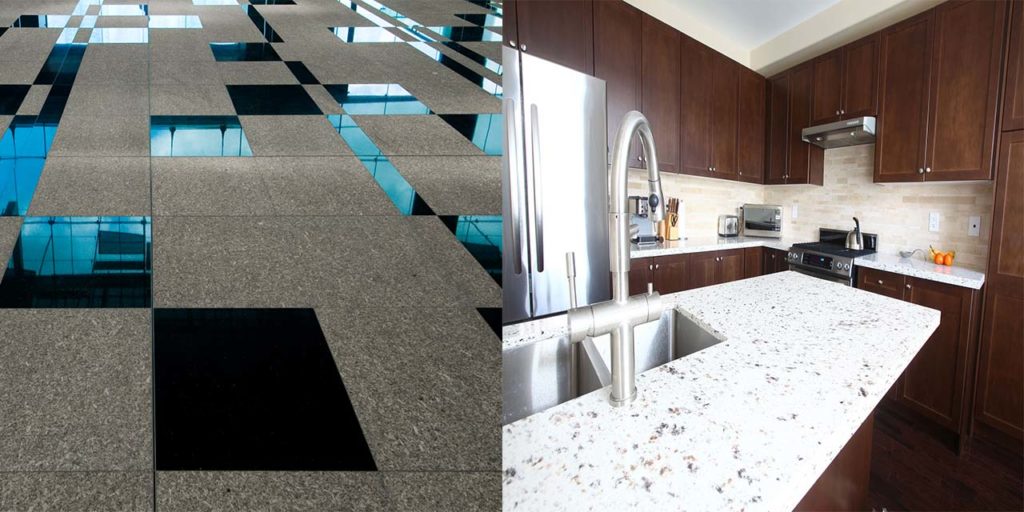
Granite
Granite has many uses, it can be used on counter-tops and also as exterior cladding or flooring etc. This is due to it’s high resistance to UV light, heat and dust.
Quartz
Quartz can only be used on the interiors. This is due to the lack of UV resistance which can cause a Quartz slab to fade in color and texture, it may even expand due to the resin used in it’s manufacturing
Granite can be used at more places compared to Quartz owing to its higher resistance to UV light and absence of any kind of resin of chemical which can deteriorate it due to natural conditions. The choice between the two would totally depend on the place of use.
Maintenance and Durability

Granite
Like any natural stone, Granite is also a little porous. This can cause staining on the surface.
Granite offers higher resistance to heat and does not discolor or fade under higher heat due to the conditions of its formation.
Granite offers higher resistance from not only heat but also has higher scratch resistance. Granite is so rugged that you can even cut vegetables directly on it’s surface, but beware! it might end up dulling the blade on you knife, Invest in a nice wooden block.
Granite boasts of it’s repairability, any scratches and dents can be taken care of by using certain tools such as polishing machines and chemicals. You can even buy home repair kits to do it yourself.
Quartz
Quartz being a manufactured product has very less porosity which makes it more stain resistant (not stain proof) when compared to Granite.
Quartz can fade under high heat, many Quartz manufacturers have directions to not placing hot pots directly on top and to use hot pads. Warping can occur in low quality Quartz due to low quality and high quantity of resin being used
Quartz is not as scratch resistant as Granite. This is due to the same resin which makes it susceptible to heat.
Quartz has lower repairability when compared to Granite and has to be done by a professional.
Environmentally Friendly
Granite
It is very common assumption that Granite is not environmentally friendly due to the process of extraction, the mining etc.
This cannot further from the truth, Granite does cause a certain level of pollution but it is NATURALLY occurring stone and nothing gets more eco-friendly than this
Quartz
Quartz is assumed to be more eco-friendly when compared to Granite as it uses much less water and can be manufactured near place of retail thus saving on transportation.
But, Quartz also uses crushed quartz which has to be mined somewhere, it uses lots of chemicals to manufacture.
Thus, both are equally eco-friendly and cannot boast a benefit over the other. Mining process is required in production of both and factories are required for finishing and manufacturing of both. Though chemicals are used in Quartz manufacturing is something to ponder on.
Cost

Granite
Price varies from country to country, its the transportation costs which can increase or decrease the cost of a product substantially. Even after this Quartz is typically higher in price compared to Granite.
Quartz
Quartz is a little higher in price than Granite, but it has its own benefits too. It’s seamless look and variety of colors are unmatched. Also it’s uniformity might come in handy to certain projects which demand it.
Conclusion
So to conclude we can safely say that each product has it’s pros and cons. Each characteristic makes it more suitable for one project but not so much for the other. This makes it very important to first understand what matters to you and your project and then select which will fulfill it the best.
Head over to our websites to see the full range of Granite and Quartz collections.
Contact us if you need support in choosing one!

